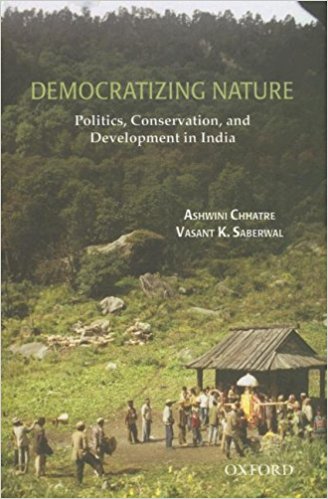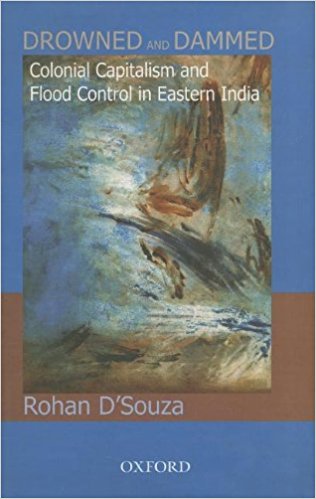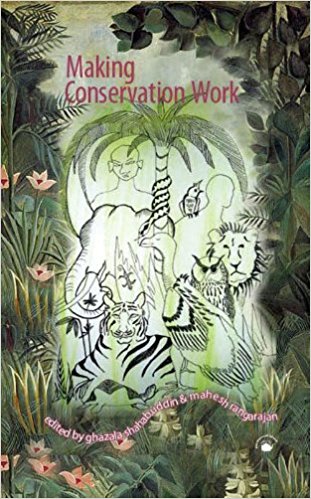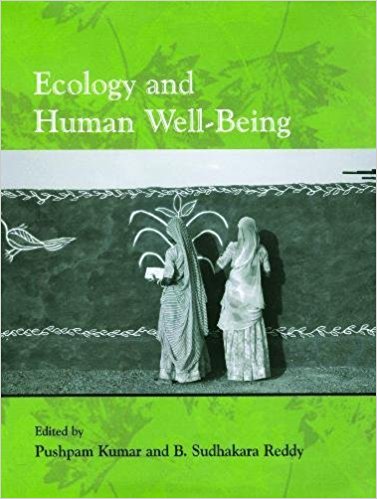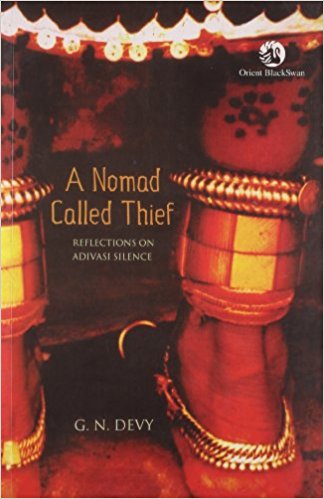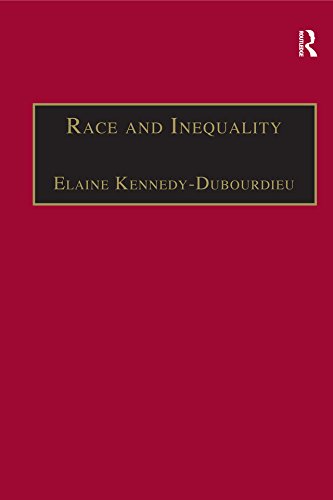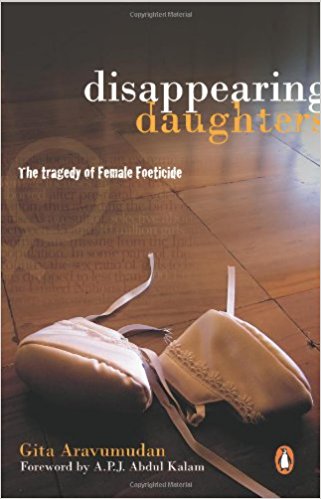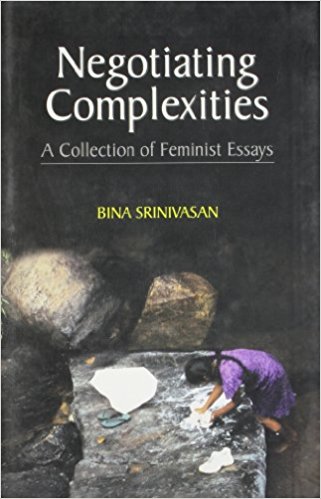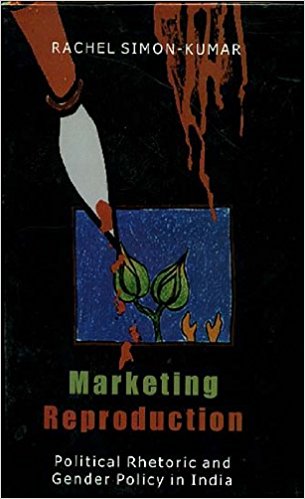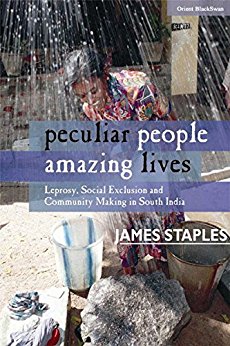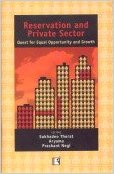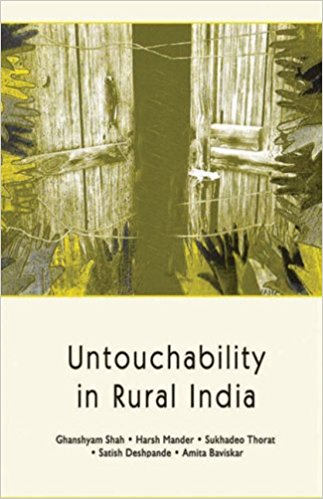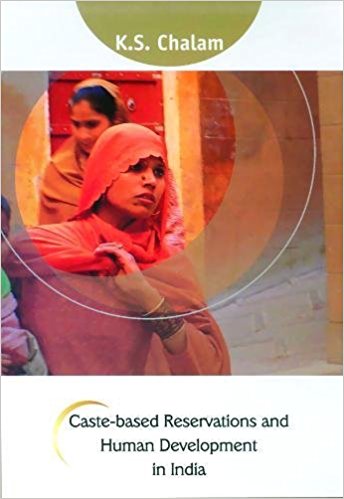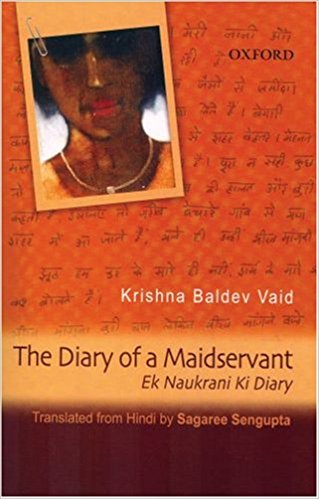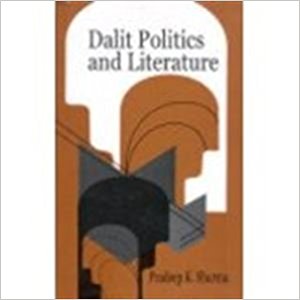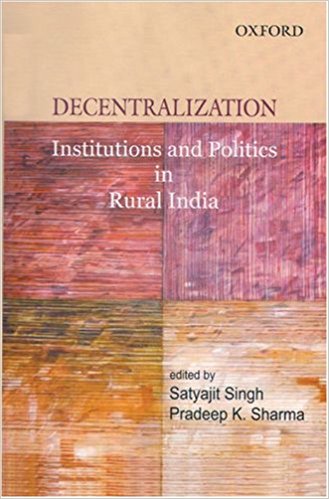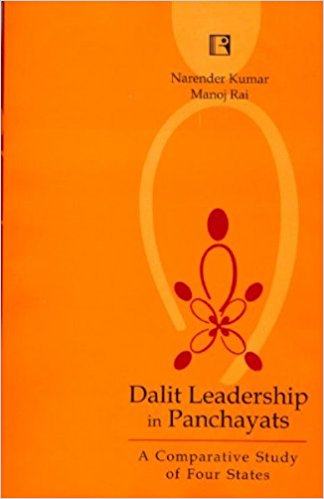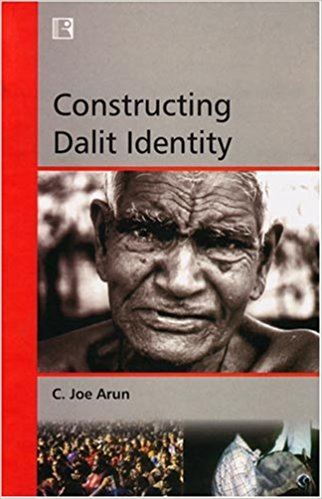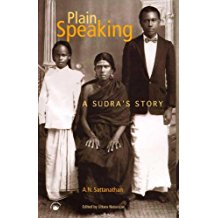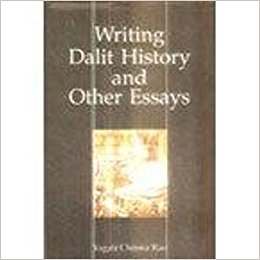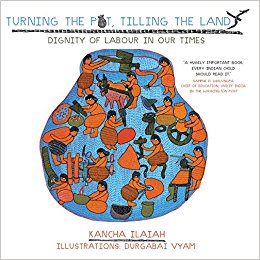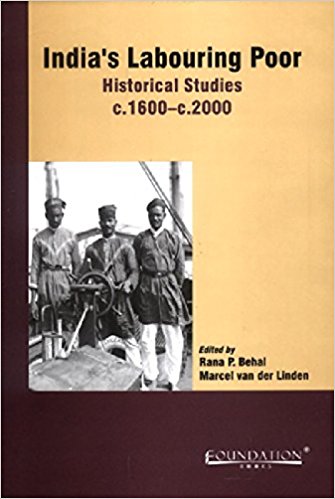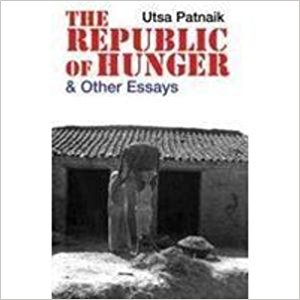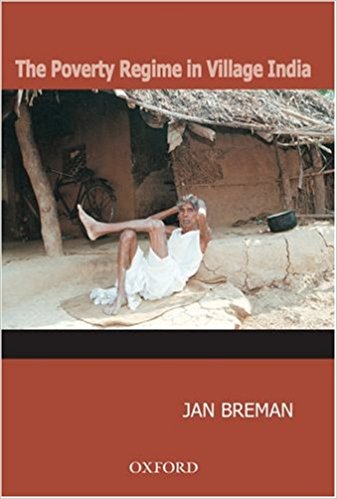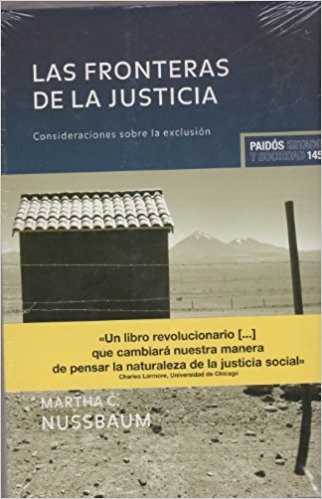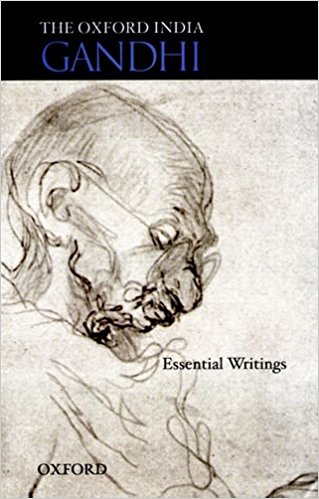In theory, the word ‘conservation’ brings to mind a science requiring careful knowledge of ecological principles for the preservation, protection and restoration of human-impacted landscapes. In practice, it has also become a contentious stage for debate, where politics – local, national and global
Archives
January 2008 . VOLUME 32, NUMBER XXXIIDrowned And Damned is a difficult book to review. Though empirically strong, analysed and discussed well, it is written rather densely.
An overwhelming impression, after being confronted with the experiences of fourteen analyst–practitioners in Shahabuddin and Rangarajan’s edited volume, is the strong legacy of 150 years of state run conservation policy in India.
This volume is an effort to focus attention of economists primarily and also policymakers and citizens on the impact of changing economic policies on natural resources, their management and the overall influence of these on human well-being.
The volume under review is a collection of short pieces previously published by the author in a number of dailies and periodicals – many of which have been revised and expanded for inclusion in the book.
The book under review brings together the experiences of affirmative action from different parts of the world and offers rich insights from a comparative perspective. The countries covered include the United States, Britain, Canada, India, Britain, Northern Ireland
Disappearing Daughters is a collection of stories about women’s views of life, about a campaign, about a society in which daughters are becoming rare. Gita Aravamudan travels across the country interviewing women, medical professionals, activists in civil society organisations and academics.
A collection of eight essays written by the author at different points of time have been compiled together in this book. Bina Srinivasan, the author acknowledges that things have changed; she has moved on.
The book under review has a different sub-title on the inner cover (Ideology and Population Policy in India) was avoidable as the book’s focus is the state’s ideology of development, gender, underlying reproductive health policies and programme, and the discursive processes giving birth to these ideologies.
There has been a huge explosion of studies in medical anthropology – some good, some indifferent, and many appalling – in recent years.
Although it presents itself as a historical ethnography, this is as much a volume in the rather rare but always exciting genre of political ethnography. The essays explore – in a variety of country contexts, some historical, others contemporary – the meaning of the vote as a material technology as well as performance.
The idea of reservation in the private sector arose in the Indian context almost entirely because of the drying up of employment opportunities in the government and public sector – negative growth in employment since 1995 and a significant increase of about 1.9 per cent annually in the organised private sector from 1995 to 2002.
2008
The editor of this volume quotes Nicholas Dirks from his book Castes of Mind to show the ubiquitous presence of caste in today’s India. Caste continues and ‘continues to trouble’. Caste names and jati classifications have found their way into every Performa, ranging from school admissions to student scholarships and plush jobs.
A few months ago, several televison channels – local and national – were telecasting the reactions of young professionals or aspiring students on the policy of extending reservation for the students of Other Backward Castes (OBCs) in IITs and IIMs and other centrally sponsored professional colleges.
The book under review by K.S. Chalam makes three observations on the subject of caste-based reservations in India in the introduction. First, it points out that there are few studies on the impact of the policy of reservations on development.
Every once in a while we come across a book whose value is greatly enhanced if seen in a context other than the one for which it is explicitly written. David Edmonds’ ‘Caste Wars’, claims to be no more, and no less, than a philosophy of discrimination. It focuses on the ethics of treating people as if they are parts of groups.
Let me concede at the outset that Dilip M. Menon has forcefully presented the cause of dalits and their right to live in the caste-ridden in India. Caste violence has not received much attention of the social science scholars compared to the attention given to the study of communal violence.
Those of us who live in cities, especially in metros like Delhi, would have come across ‘problems’ posed by ‘domestic helps,’ – those people living in our society bearing this nomenclature of our middle class ‘humanist’ coinage.
We are living at a time when dalit literature is fast being assimilated into the mainstream of Indian literature which also implies a potential loss of its power to provoke and disturb the status quo.The spurt of translations of dalit poetry, fiction and autobiography in English
Indian democracy has seen the mobilization of the subalterns in the later half of the 1980s culminating in the enthronement of a third front called Janata Dal both at the Centre and in Uttar Pradesh, a state which gives direction to national politics.
This book is about the social movement of an untouchable caste – the raigars, a caste whose traditional occupation has been disposal of the dead animals, tanning and dyeing their hide.
In recent past there have been several publications on Decentralization for good reason. One that it is an emerging dimension of our polity which is bound to change both the political and social order. Besides, it seeks to alter the character of economic growth so as to make it edible for all, that is, ensure to every adult equitable earning opportunities and access to its fruits.
This book is a welcome contribution to the body of literature generated by the 73rd Constitutional Amendment Act (CAA), a historic piece of legislation adopted in 1992, giving a new impetus to democratic decentralization.
B.R. Ambedkar christened his first political party as ‘The Independent Labour Party’ (ILP). He seemed to be particular about the title (read category) by which the party was to be known. He did not want it to be an exclusive political party of the Scheduled Castes.
Structurally the centuries old village with all its rigidity and unequal power relations is live and kicking, at least in south India. The book under review captures this reality in one of such Indian villages. The age old draconian social structure in the village becomes alive with the lucid and effective description by the author of the book.
This book comes at an opportune moment for our understanding of caste in India, and particularly of the experience of belonging to an intermediate caste. The last year has been marked by debates, protests and court rulings on the issue of a central government reservation for ‘Other Backward Classes’ – a category of intermediate castes ranked above the Scheduled Castes.
The world ‘dalit’ or “crushed underfoot” in the contemporary period has replaced the world “untouchable”. The term “dalit” owes its origin to the writings of Jotirao Phule in the last decades of the nineteenth century.
Reading through *Turning the Pot, Tilling the Soil *my mind raced back several winters. I had landed up at a tribal farmer’s house in western Maharashtra, accompanied by a group of Delhi school students who were there for a rural exposure camp.
In the aftermath of the furore created by the implementation of the Mandal Commission Report in the early 1990s, V P Singh had commented somewhere that Indian society was extraordinary in the way it stigmatised those very social groups who created a large part of the material wealth on whose basis we all survived: agricultural workers, artisans and the peasantry.
As the author puts it at the outset, the unifying theme of the twelve essays included in The Republic of Hunger is “the impact on the third world of the new imperialism in the present era, which takes the form of deflationary neo-liberal ‘economic reforms’ and a thrust towards free trade”.
Jan Breman’s enquiries into the world of rural labour in post-independence India are well-known. Much of his work, on this subject, is based on field-studies in the rural landscape of South Gujarat, from the early 1960s onwards.
Almost four decades ago John Rawls presented liberal egalitarianism as a philosophical justification for liberal democratic states. The theoretical premises underlying a general conception of justice consisted of the distribution of all social primary goods – liberty and opportunity,
For our own sake—for the sake of humanity today and tomorrow—let us have more Gandhi. More of the living spirit, life and teachings of Mahatma Gandhi. Near the end of his life he said, ‘…I shall be alive in the grave and, what is more, speaking from it…’ (Oxford Gandhi, 649). Let us hope so.

